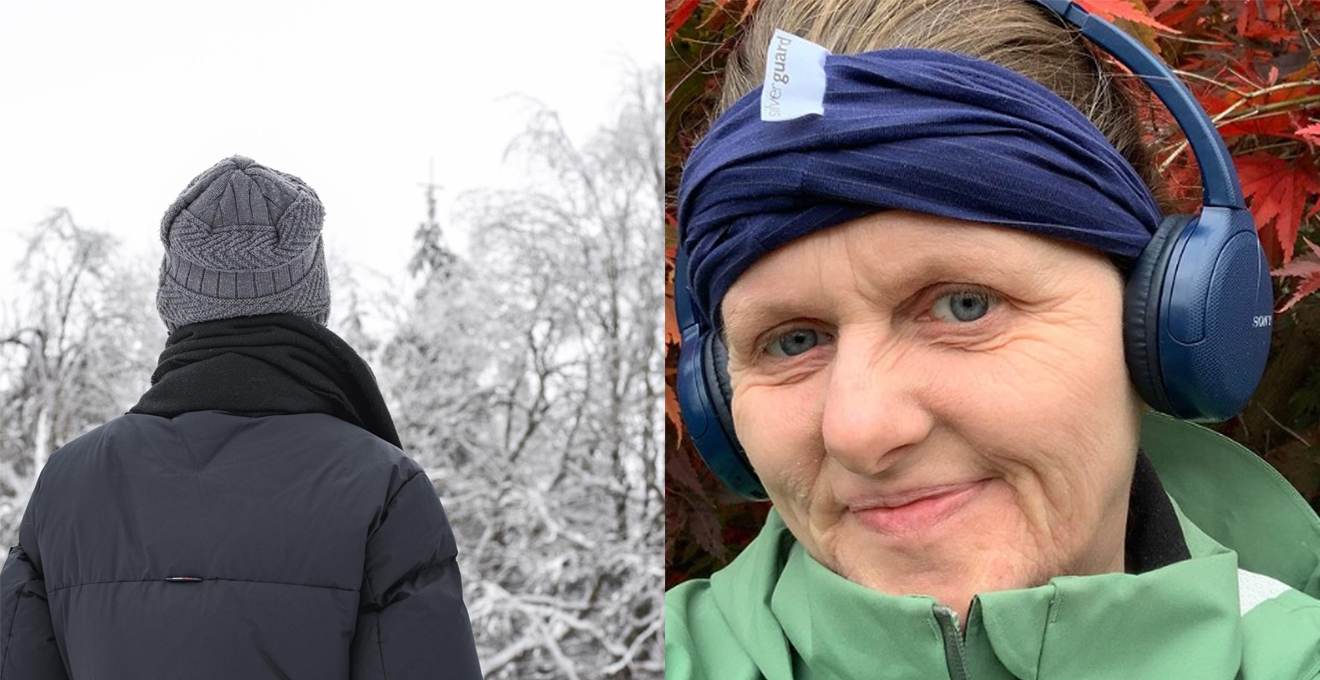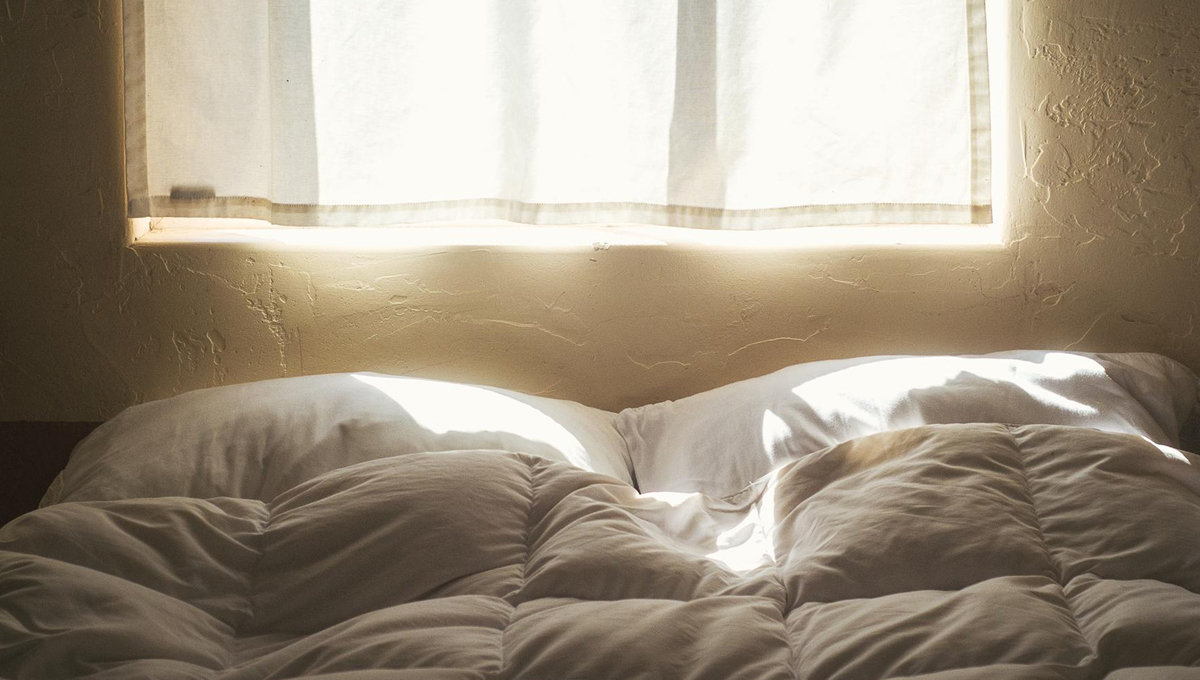


The word ‘face mask’ has taken on a whole new meaning in the last year. The term is now less commonly associated with a pampering or cleansing facial treatment for your whole face but rather something to wear to help prevent the spread of Coivd-19. In the UK, this means we are required to wear a face covering when on public transports, shops and healthcare settings.
While face masks can feel like a blessing as they are great at covering up unsightly spots, blemishes and the like, they are more often than not the actual cause of them. Wearing a face mask for any prolonged length of time can result in people experiencing issues with their skin. The term ‘maskne’ – mask acne – has been coined as a catch all for a number of different skin problems that can be caused by wearing a face mask.
What is Maskne?
The term maskne has been used as a catch all term for several skin conditions that can result from wearing a face covering. The causes of all these conditions are usually a result of a combination of factors. We all naturally have oil, bacteria, and dead skin cells already on our skin, but when we wear a mask, these substances can build up more and block your pores. The humid environment created under your mask from breathing and sweating can further exacerbate this. Maskne can also be caused by friction and chaffing of masks on skin which can also cause the skin to break down. Finally, it may just be that you are sensitive or allergic to the material of your face covering.
|
Acne |
Sometimes known as acne mechanica occurs when you pores become clogged with oil, dead skin cells and dirt. This acne is triggered by excess heat, pressure, friction or rubbing of the skin |
|
Contact dermatitis |
This occurs when you are allergic or sensitive to the material of your mask. It can result in a red rash, along with irritation and blisters |
|
Folliculitis
|
Heat and humidity from wearing a face mask can change the pH of your skin and make you more prone to bacterial overgrowth that can result in folliculitis or infected hair follicle causing bumps that look like an acne breakout |
|
Rosacea |
If you already suffer from rosacea the heat from wearing a mask may cause the skin capillaries to dilate, which may worsen rosacea flare ups. This can lead to pimples and redness |
It is also clear that if you already suffer from the conditions listed above, you are likely to be more prone to developing maskne.
How can you prevent or lessen the impacts of maskne?
It is unlikely that mask wearing mandates that have been imposed by governments will be relaxed any time soon even with the roll out of vaccination programmes and easing of lockdown measures. But there are a number of measures you can take to protect yourself from Covid-19 and keep your skin healthy at the same time.
Look after your skin
There are some simple skincare regimes that we should all be following to help maintain healthy skin:
- Avoid wearing makeup under your mask: give your skin a break from wearing makeup as products such as foundation, concealer and blush can further block your pores.
- Wash your face regularly: make sure you wash your face regularly. This includes washing after you have finished wearing your mask, especially if you have been sweating under it. Washing will go some way to keeping your skin clear of excess oil and dead skin.
- Have an appropriate skin care regime: this can include using cleansers and moisturisers that are gentle on the skin and are right for your skin type. The former can help remove excess oil, sweat and bacteria, while the latter will help keep your skin hydrated. You should avoid cleansers that contain alcohol or perfume as both may irritate your skin further.
Depending on the type of maskne you have means that different treatments options are available. If in doubt, and in more severe cases of maskne, you should consult a dermatologist to diagnose the type of maskne you are suffering from to receive appropriate care and treatment.
Choose a face mask which is kind to your skin
Some face masks can feel rough on the skin. As such there are face masks on the market that may irritate your skin less in terms of less friction, those that claim to be hypoallergenic or those that are antimicrobial in nature. All of these types of face masks act to counteract the causes of maskne. Options out there include masks made of silk or bamboo cloth, both of which claim to be softer on the skin by reducing friction.
Antimicrobial face masks work by reducing the efficacy of pathogens including acne-causing bacteria on the fabric on the mask. The antimicrobial properties on masks can be achieved by either applying topical application or ensuring this is inherent in the makeup of a mask. Topical applications will wash out and loses their efficacy over time and there are also concerns about the chemical composition and nanotechnology exposure of these coatings on your skin. Antimicrobial masks such as SilverGuard face masks have been shown to reduce the effects of maskne, and the silver thread antimicrobial technology is inert – it is just pure silver thread. This acts on acne-causing bacteria on the surface of the mask fabric in a safe way. In addition, the inner thermoregulating silver thread layer wicks away moisture stopping the build up of heat and moisture when wearing a mask, making the mask more comfortable to wear.
Look after your face mask
If you have no alternative but to use a disposable face masks, then you should under no circumstances reuse your mask and dispose of it after use. For reusable face mask alternatives, you should you wash your mask regularly, ideally daily after every use, not only because it is good hygiene but it will also prevent oil and dirt from being reintroduced onto your skin. When washing be sure to use an unscented hypoallergenic laundry detergent, as alternatives may cause skin irritation.
Finally, be vigilant and change your face mask when it is damp. Not only are face masks are ineffective at filtering particles when wet, this is also the damp humid environment that is not beneficial to your skin.
Can you keep your skin looking healthy while staying safe at the same time?
Current lockdown measures and restrictions have inevitably increased stress levels, with stress and lack of sleep being well known contributory factors that can make acne worse. By staying active, healthy and hydrated we can all help our own stress levels. You can also implement a skin care regime which includes washing your face regularly, cleansing and moisturising that it suitable for your skin type. Last of all, choosing a mask that stops the build up of friction, heat and moisture as well as tackling acne-causing bacteria can make wearing a mask both bearable and comfortable. While maskne can be distressing, we all need to remember that wearing face masks are an important part we can all play in helping prevent the spread of Covid-19.



